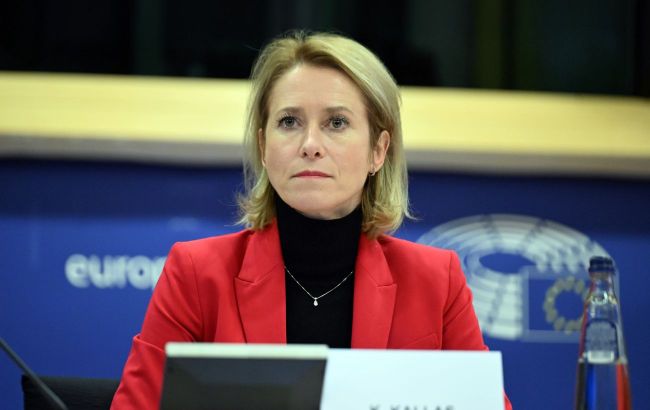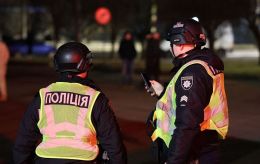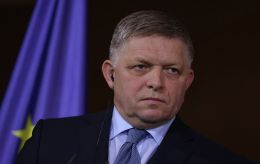EU outlines security guarantee plan for Ukraine
 Photo: EU High Representative for Foreign Affairs Kaja Kallas (Getty Images)
Photo: EU High Representative for Foreign Affairs Kaja Kallas (Getty Images)
The European Union has determined how it will participate in Ukraine's security guarantees. This involves training and civilian missions, as well as the role of neutral states, according to the European Union External Action.
At the European Union level, security guarantees for Ukraine will be implemented through training and civilian missions, which will allow even neutral member states to participate.
The EU's High Representative for Foreign Affairs and Security Policy, Kaja Kallas, announced this before the start of an informal meeting of EU defense ministers in Copenhagen.
Three main areas of assistance
The European Union plans to support Ukraine in three key areas:
- Training missions to prepare Ukrainian military personnel
- Civilian missions, including training and organizational support
- Support for Ukraine's defense industry.
Kallas stressed that all three areas are open to participation by neutral countries that wish to join.
The EU is currently discussing how to change the mandate of the missions so that they are ready to act after the conclusion of any peace agreement.
"And of course, every Member State is deciding what they are doing or how they are contributing to the security guarantees. But, the European Union, we have the mission is a training mission and the civilian mission," Kallas clarified.
Security guarantees for Ukraine
A coalition of willing countries, led by London and Paris, together with the US, is working to establish security guarantees for Ukraine. The goal is to ensure stable peace in the country after the ceasefire and make it long-term.
On August 25, US President Donald Trump publicly assured that Europe would provide significant guarantees and that the US would stand behind these commitments.
In turn, Ukrainian President Volodymyr Zelenskyy announced that, together with international partners, a configuration of security guarantees is being prepared, which should form the basis of agreements in the event of possible negotiations with Russia.
Meanwhile, the EU is preparing a 19th package of sanctions against Russia. According to Kallas, the new package of sanctions may include new restrictions against the Russian energy and financial sectors.

